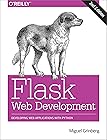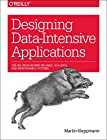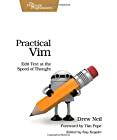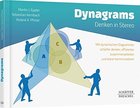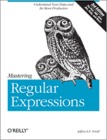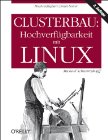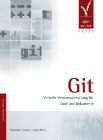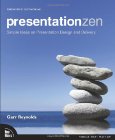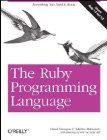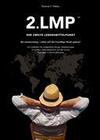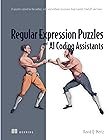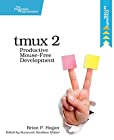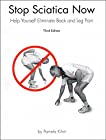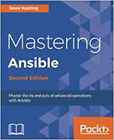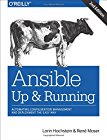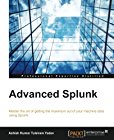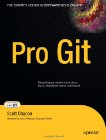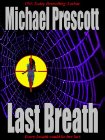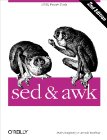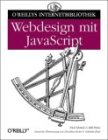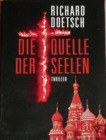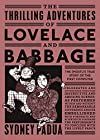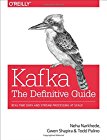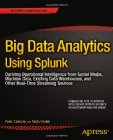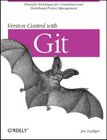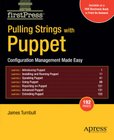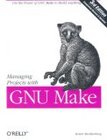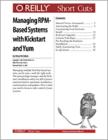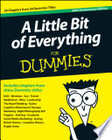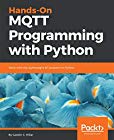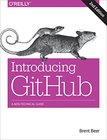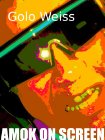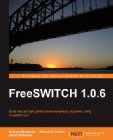
Once, when I picked up a book from the local library, the librarian asked to tell her what I thought about the book when I would bring it back. Well, why not write a few lines about all the books I read so everybody could see what I thought about it? I'm often also happy to have friends recommend a certain book or tell me this and that is not really worth reading. I won't comment about the tons of books I have read so far, but about books I read from now on.
| highly recommended | sehr empfohlen | |
| good reading | gutes lesematerial | |
| average | durchschnittlich | |
| not too interesting | nicht allzu interessant | |
| recommended not to read it | empfehlung das buch nicht zu lesen |
 |
|
|---|---|
| title | Nexus |
| author | Yuval Noah Harari |
| ISBN-10 | 1-911717-09-X |
| ISBN-13 | 978-1-911717-09-6 |
| ASIN | |
| rating | |
| date | 2025-Jun-09 |
In this book, Yuval Noah Harari depicts several areas of our world, such as politics, religion, science, ... as information networks. There are various religions in our world and several political systems. And they have both evolved and changed over time. According to this book, the different ways religions and political systems have evolved, risen and fallen apart, in a big part is due to the way these systems have not only used and handled information but also selected and created information. With this background, the latest big technology, AI, must be viewed from a new, more faceted angle, as it is a technology purely based on information. It becomes much more than "Data is the new oil".
Harari showcases and discusses lots of historical events to explain his view of things, so the first half of the book consists mostly of the explanation of historical events and only then does the author start to translate this to current times.
Unless you are a native English speaker knowledgeable in history, the text might, at times, be a little difficult, but never too difficult to understand the concept being explained.
If you want more information about the various events or topics in the book, you certainly can spend many an hour with the referenced material. There is a whooping notes section (close to 70 pages) at the end of the book (somewhat over 400 pages) consisting entirely of references.
